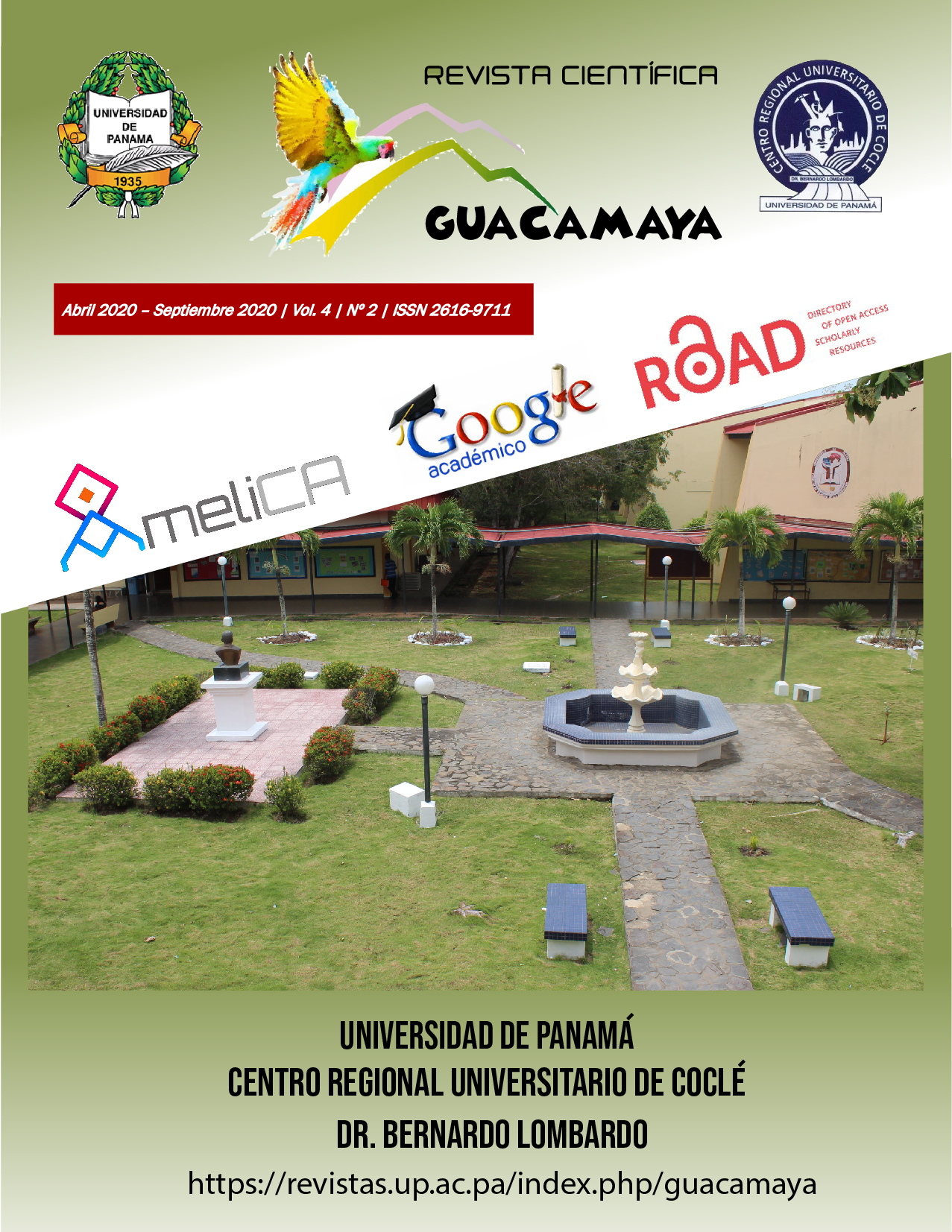

This research is centered on the analysis and interpretation of the concept of reason and its place in the philosophic system of the Spanish thinker José Ortega Y Gasset. According to Ortega y Gasset, philosophy is a movement of “decline” or “descend” towards the ordinary reality, source of the sense of everything that exists, that is to say: life. The philosopher, archeologist of the truth and knowledge, should discover in the enigmatic of the truth the logos or the reason why things happen and everything that happens to us when we are living. Philosophy searches truths, convictions that help to guide us in the world. That permanent search has to leave from their existence, understood as the life that becomes, as a life that we found feeling that we are living and experimenting with the fact of living.
That is why the philosopher Ortega y Gasset reacts against intellectualism with his method of raciovitalism, that without rejecting reason as cognitive faculty, is situated in the own life. As a consequence, to live life and to think in life are two moments of the same reality. In other words, there is no separation between life and thought. From there his rejection of the speculated reason, abstract and instrumental to interpret the dramatic human condition of being in this world.